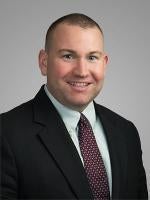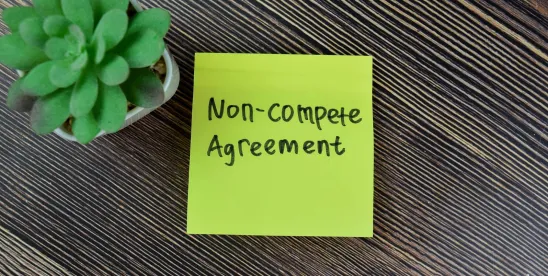We previously reported that Ryan LLC (“Plaintiff”) and the United States Chamber of Commerce (“Plaintiff-Intervenor”), in anticipation of the Northern District of Texas’s merits disposition, would likely seek nationwide application of the preliminary injunction staying the Federal Trade Commission’s (“FTC”) Noncompete Rule, or alternatively, that the preliminary injunction be expanded to apply to all of Plaintiff-Intervenor’s members under the associational standing doctrine.
On July 19, 2024, Plaintiff and Plaintiff-Intervenor filed motions seeking exactly that type of relief.
Plaintiff, in addition to other arguments, maintains that the FTC’s Noncompete Rule is unlawful under the Administrative Procedure Act and must be vacated on a nationwide basis. Plaintiff submitted precedent from both the Supreme Court and the Fifth Circuit that a “party-restricted” injunction would be improper and that the court must set aside the improper agency action “with nationwide effect.” Plaintiff further argued that expanding the injunction nationwide would “spare businesses the illegal burdens imposed by the rule,” promptly conclude litigation, and avoid “a torrent of lawsuits” similar to the ones already pending before the courts.
Plaintiff-Intervenor similarly argues that the court should enjoin the Noncompete Rule on a nationwide basis, stating that the court “must set aside the Rule so that it cannot be applied to anyone.” Additionally, Plaintiff-Intervenor also argues that all of its members are entitled to relief setting aside the Noncompete Rule under associational standing. Plaintiff-Intervenor argues that associational standing is met because the intervenors established that they: (1) are committed to protecting the interests of their members and regularly advocate for reforms that reduce their members’ regulatory burdens; (2) demonstrated that their members will suffer concrete harms as a result of the Noncompete Rule, and (3) the claims for relief do not require the participation of individual members. Thus, by meeting the requirements for associational standing and a permanent injunction, the court should extend the remedy to each member – the targets of the FTC’s Noncompete Rule.
Assuming the court concludes that the Noncompete Rule is invalid, the court has three options available as to the scope of the relief. First, it may limit the scope of the relief to the named parties only, as it did when it issued the preliminary injunction. Second, it could expand the scope of the relief to the named parties and the members of the associations who are parties, such as the Chamber of Commerce. Finally, it could expand relief on a nationwide basis so that the Rule does not apply to anyone.
The FTC’s opposition to Plaintiff’s and Plaintiff-Intervenor’s briefs is expected on or before August 2, 2024. A final merits disposition remains scheduled for August 30, 2024. We will continue to monitor the Noncompete Rule and further developments in the courts.
Gianna Dano, a Summer Associate in Epstein Becker Green’s Newark office (not admitted to practice) contributed to the preparation of this piece.




 />i
/>i
